In modern texting and online communication, “MB” is a commonly used abbreviation, and its meaning depends entirely on context.
🔹 Primary Meaning:
MB = My Bad
This is the most common and informal usage in everyday messaging. It’s used to admit a minor mistake or accept blame in a casual, light-hearted way.
Example:
- “MB! I thought the meeting was at 3, not 2.”
But MB isn’t limited to just “My Bad.”
📚 Other Common Interpretations of “MB” in 2025
1. MB = Megabyte
A well-known technical meaning used in computing and mobile data contexts.
Example:
- “This app uses 200 MB of storage.”
2. MB = Maybe
Used in informal texting, often to show indecision or possibility.
Example:
- “MB we can hang out later, I’ll let you know.”
3. MB = Mama Bear
An affectionate or protective nickname, mostly used in family group chats or among friends.
Example:
- “You’re such an MB when it comes to your kids!”
4. MB = Manitoba
The Canadian province abbreviation, seen in addresses or travel texts.
Example:
- “Visiting MB this summer—can’t wait for the lakes!”
5. MB = Message Board
In online communities, “MB” may refer to discussion forums or threads.
Example:
- “Check the MB for updates before the tournament.”
6. MB = Mind Blown
A newer slang expansion as of early 2025, often paired with an emoji (🤯).
Example:
- “That plot twist had me like MB 🤯.”
🤝 MB = “My Bad” – Meaning, Nuance & Alternatives
The most common texting context for MB is still “My Bad” in 2025. It’s short, self-aware, and fits casual texting culture. However, it’s important to know when “MB” might come off as too informal or dismissive.
Let’s look at alternatives based on tone:
📝 11 Context-Based Alternatives to “MB” in Text (2025 Edition)
1. “Apologies, that was my mistake.”
Tone: Formal
Use this in professional contexts or when you need to appear polished.
Example:
- “Apologies, that was my mistake on the report timeline.”
2. “Sorry about that!”
Tone: Friendly/Polite
Common in both workplace chats and personal texts.
Example:
- “Sorry about that! I’ll send the file again.”
3. “Totally my fault.”
Tone: Honest/Casual
Great for accepting blame without sounding robotic.
Example:
- “Totally my fault—I missed the calendar invite.”
4. “I messed that up.”
Tone: Casual/Transparent
Admits error directly. Use in non-formal settings.
Example:
- “Oops, I messed that up. Let me fix it real quick.”
5. “That’s on me.”
Tone: Confident/Accountable
Simple and direct, often used in leadership communication.
Example:
- “That’s on me. I’ll handle the follow-up.”
6. “Thanks for your patience!”
Tone: Appreciative
Useful when combined with accountability to shift focus positively.
Example:
- “Sorry for the delay—thanks for your patience!”
7. “Didn’t mean to miss that!”
Tone: Light/Forgiving
Best when the mistake wasn’t serious.
Example:
- “Didn’t mean to miss that! I’ll add it now.”
8. “I’ll correct it right away.”
Tone: Proactive/Professional
Shows both acknowledgment and action.
Example:
- “You’re right, I’ll correct it right away.”
9. “Thanks for catching that.”
Tone: Collaborative
Redirects the error positively while still owning it.
Example:
- “Thanks for catching that. I’ll update the info.”
10. “Oops! Let me fix that.”
Tone: Casual/Non-threatening
Perfect for minor, non-critical issues.
Example:
- “Oops! Let me fix that link.”
11. “Appreciate the heads-up!”
Tone: Grateful
Another subtle way to acknowledge you missed something.
Example:
- “Appreciate the heads-up! I’ll fix the typo.”
🎯 When to Use “MB” vs. Alternatives
| Scenario | Use MB? | Better Alternative |
|---|---|---|
| Casual chat with a friend | ✅ Yes | “MB!” or “Oops!” |
| Professional email to a client | ❌ No | “Apologies, that was my mistake.” |
| Slack message to your boss | ⚠ Maybe | “Sorry about that—fixing it now.” |
| Acknowledging a small mistake in DM | ✅ Yes | “MB, I missed that.” |
| Formal presentation follow-up | ❌ No | “Thank you for pointing that out.” |
📖 MB vs. Other Popular Abbreviations in 2025
| Abbreviation | Meaning | Usage |
|---|---|---|
| MB | My Bad / Maybe | Casual apologies or indecision |
| LMK | Let Me Know | Requests for input/decision |
| BRB | Be Right Back | Temporary pauses |
| IDK | I Don’t Know | Casual uncertainty |
| TBH | To Be Honest | Honesty before a statement |
| SMH | Shaking My Head | Disbelief or disappointment |
Understanding abbreviations like “MB” helps decode tone and intent in today’s fast-paced digital chats.
✅ SEO Quick Tips: When to Avoid Using “MB”
To keep your message clear, professional, and appropriate:
- ❌ Avoid “MB” in job applications or formal business emails.
- ❌ Don’t use it when the mistake is serious and deserves a sincere apology.
- ✅ Use full phrases in professional writing: “Apologies”, “Thank you for catching that”, or “I’ll resolve this promptly.”
🔚 Final Thoughts: Why “MB” Still Matters in 2025
The digital world continues to evolve with language, and abbreviations like MB serve a real purpose—they offer speed, efficiency, and casual tone.
However, effective communication is about context. Knowing when to use “MB” versus a full apology phrase demonstrates emotional intelligence, professionalism, and language awareness—key skills in 2025 and beyond.


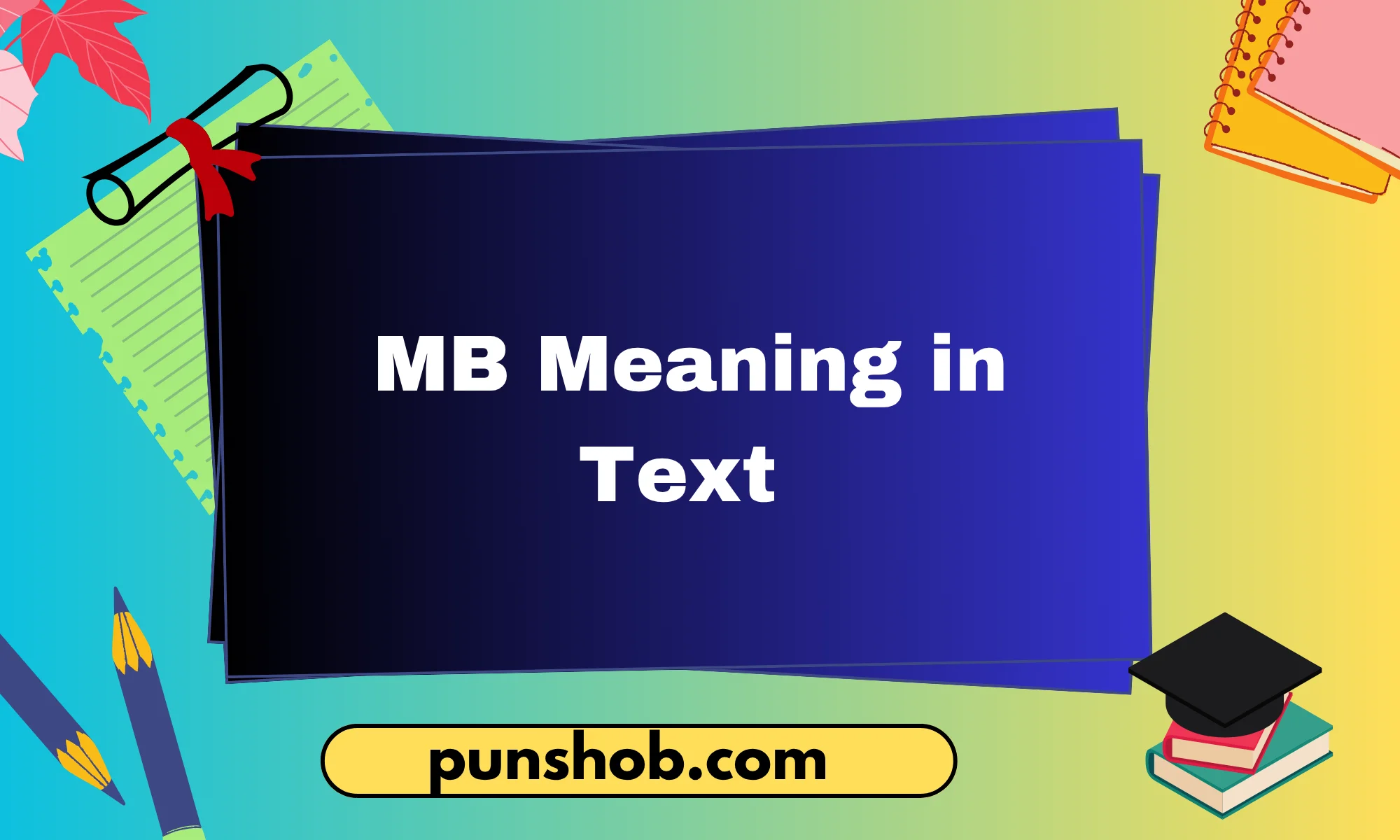

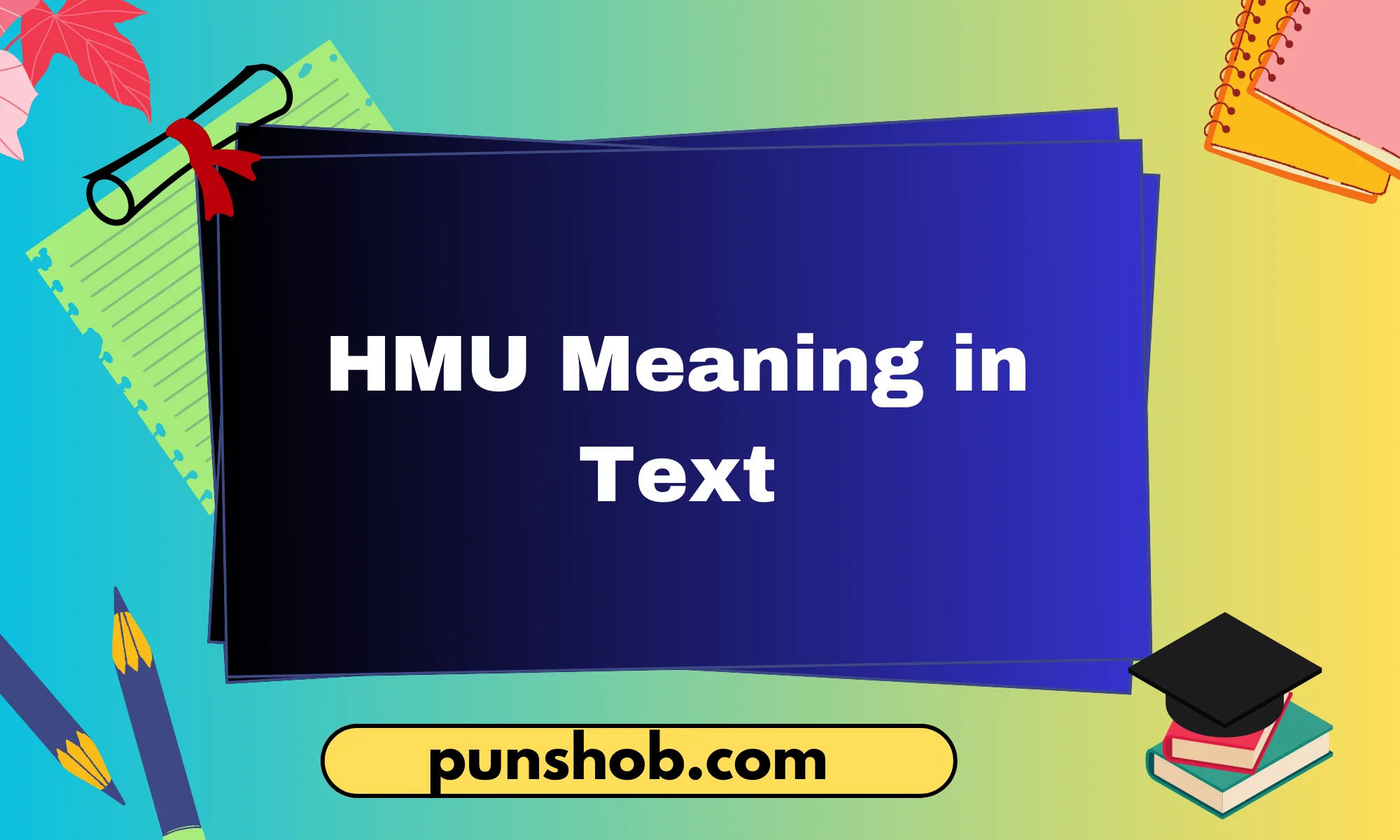
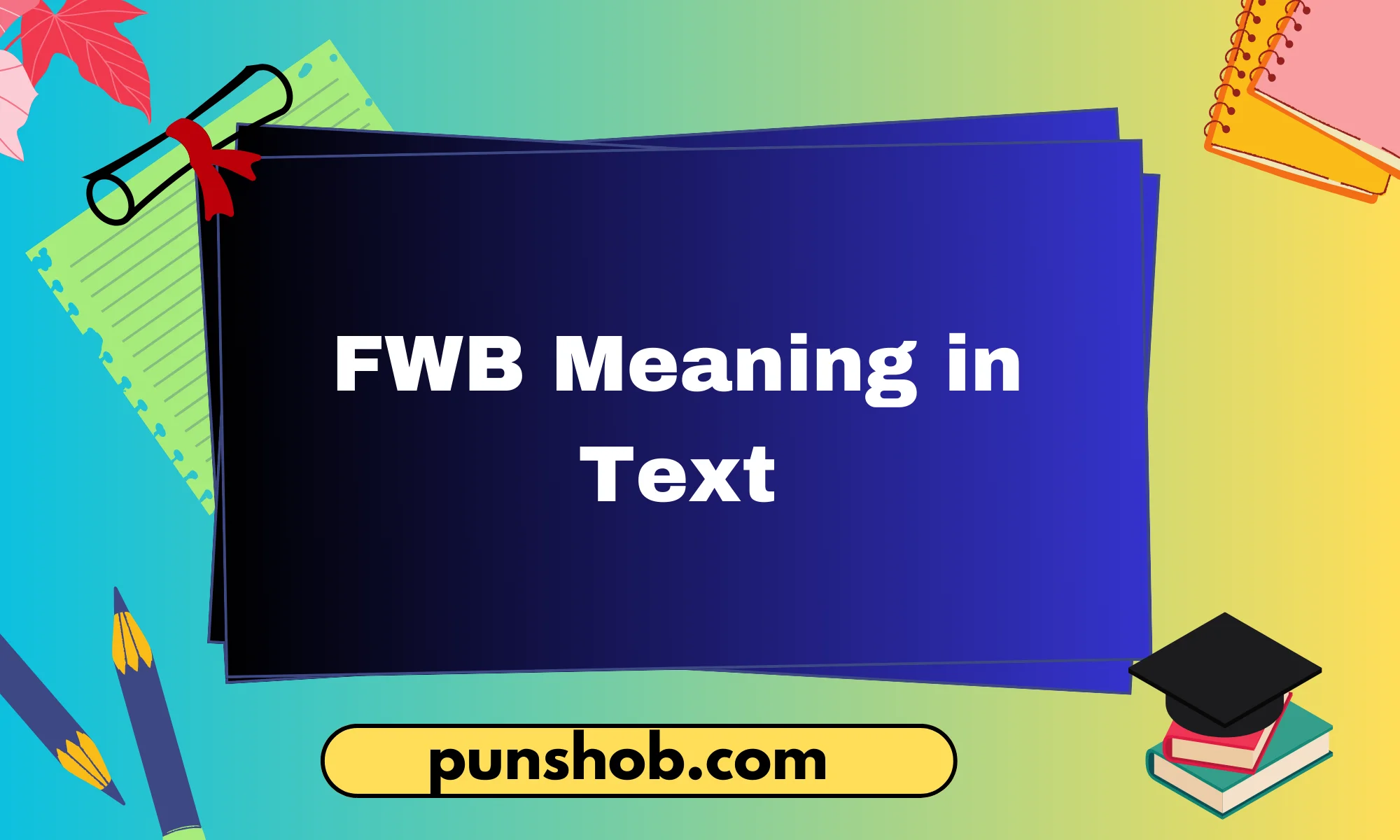
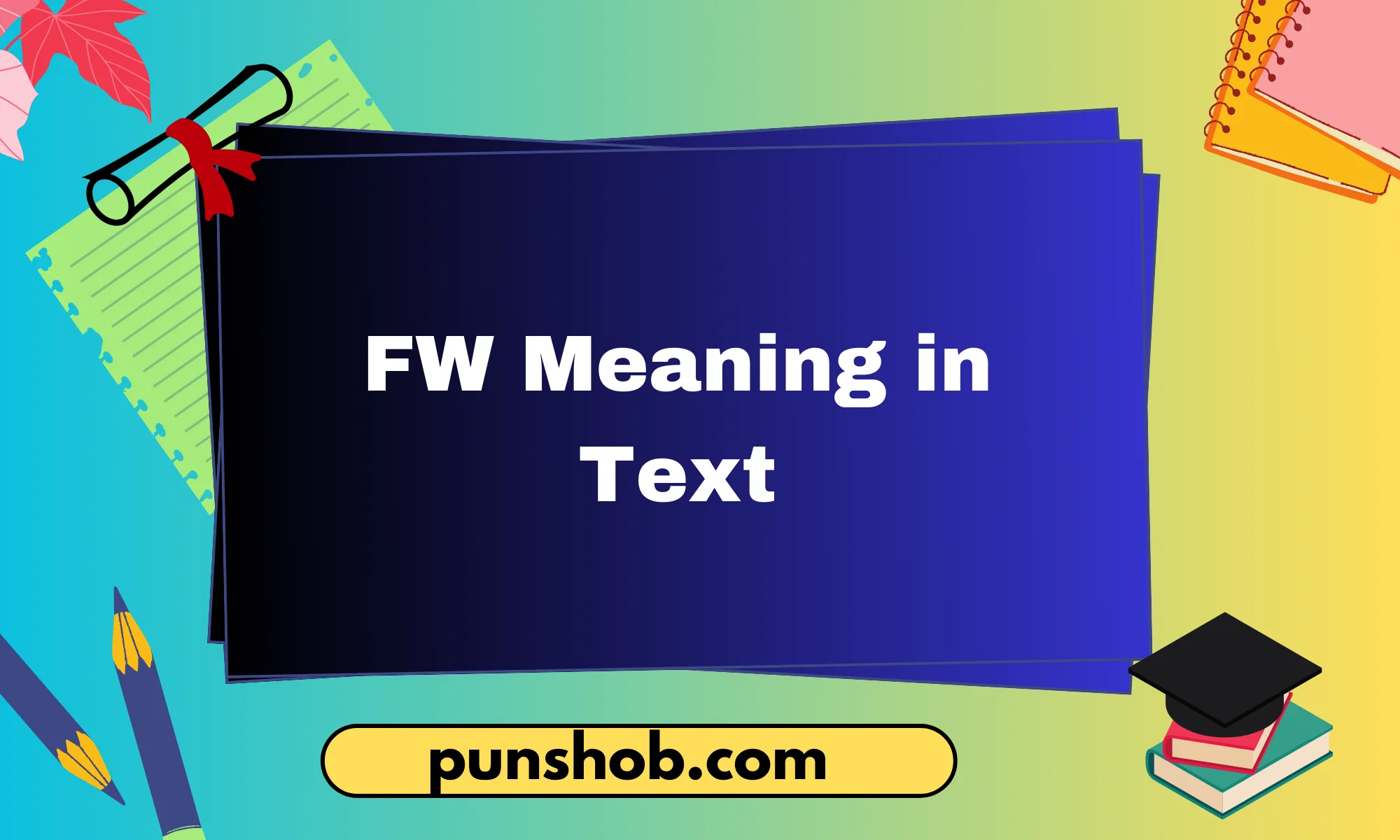

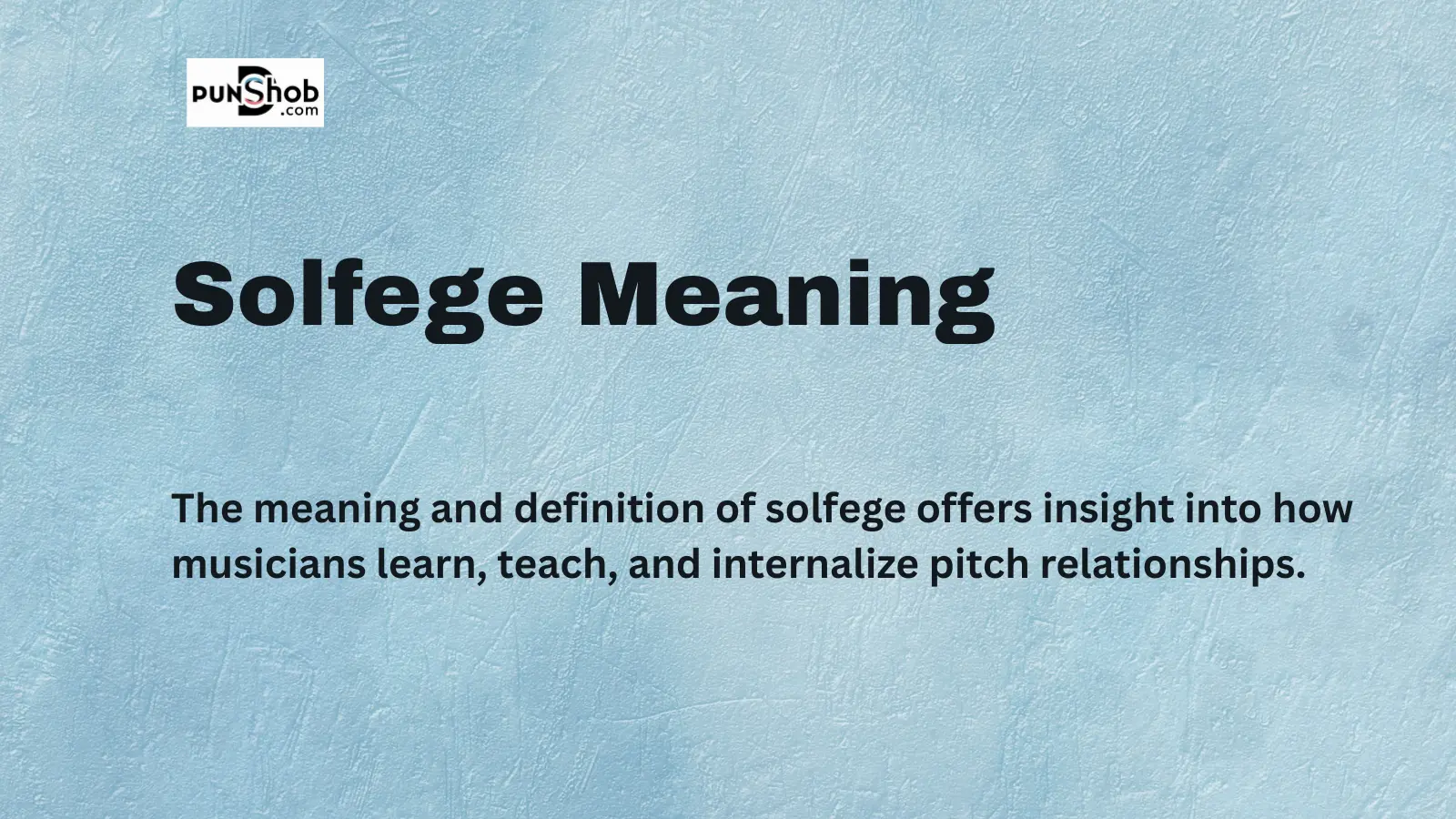

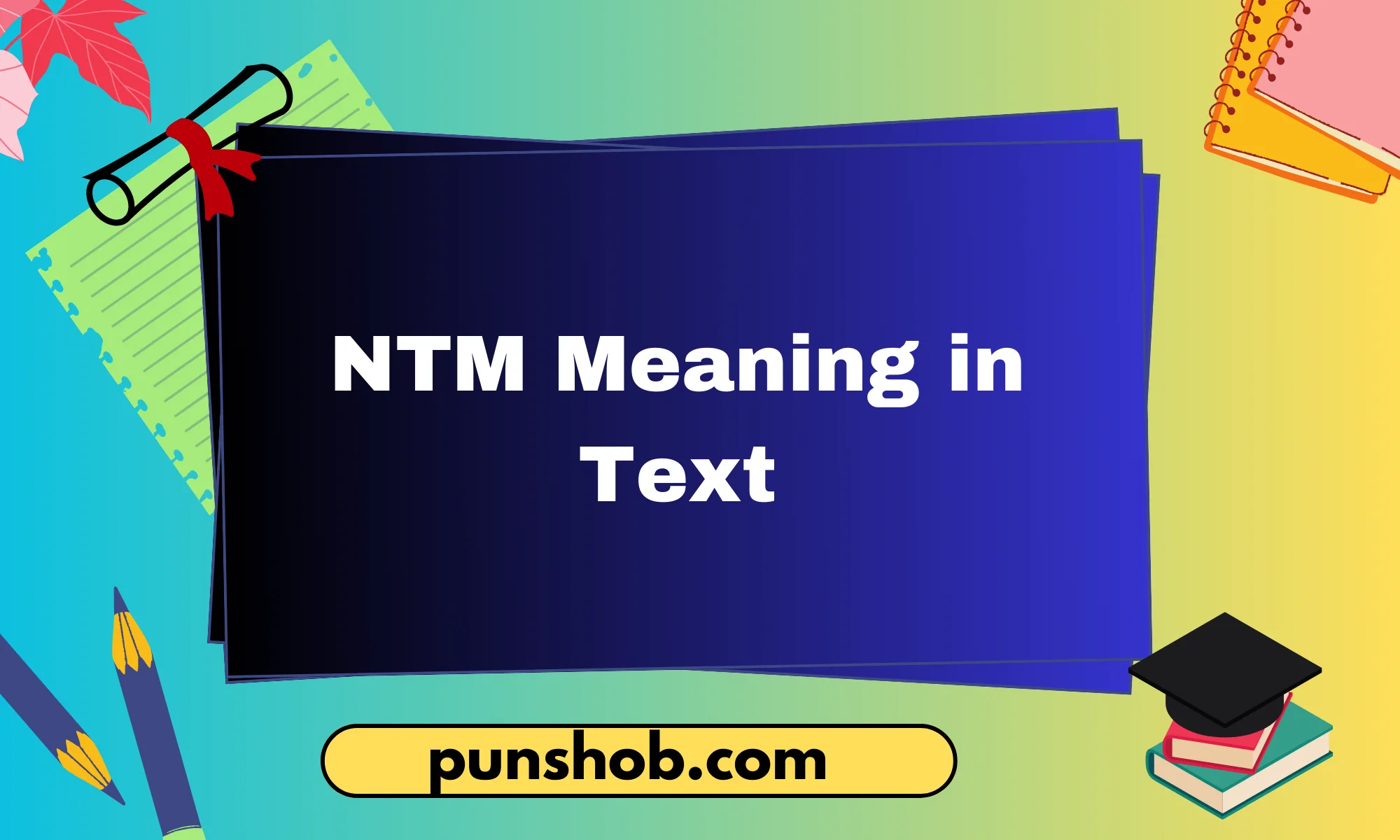
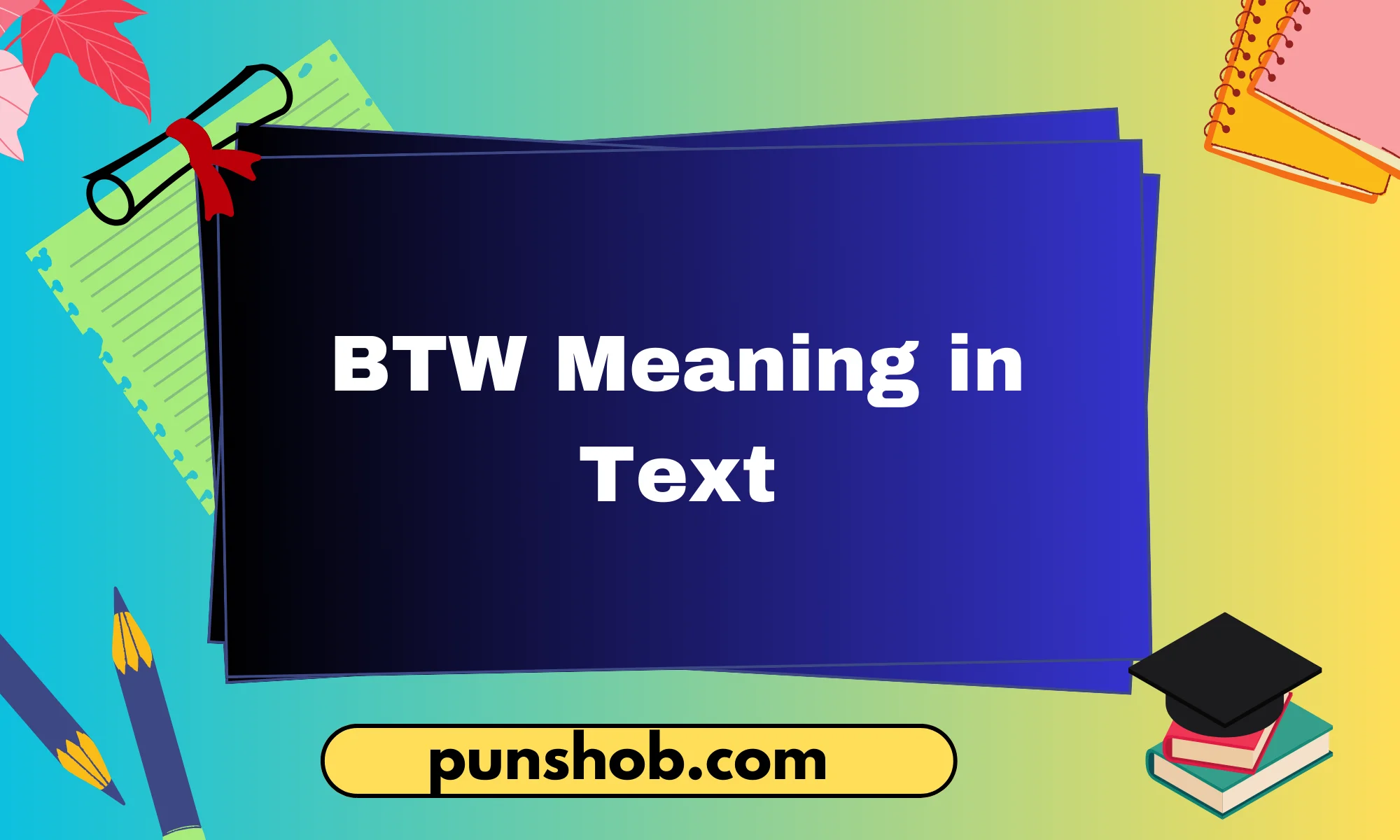
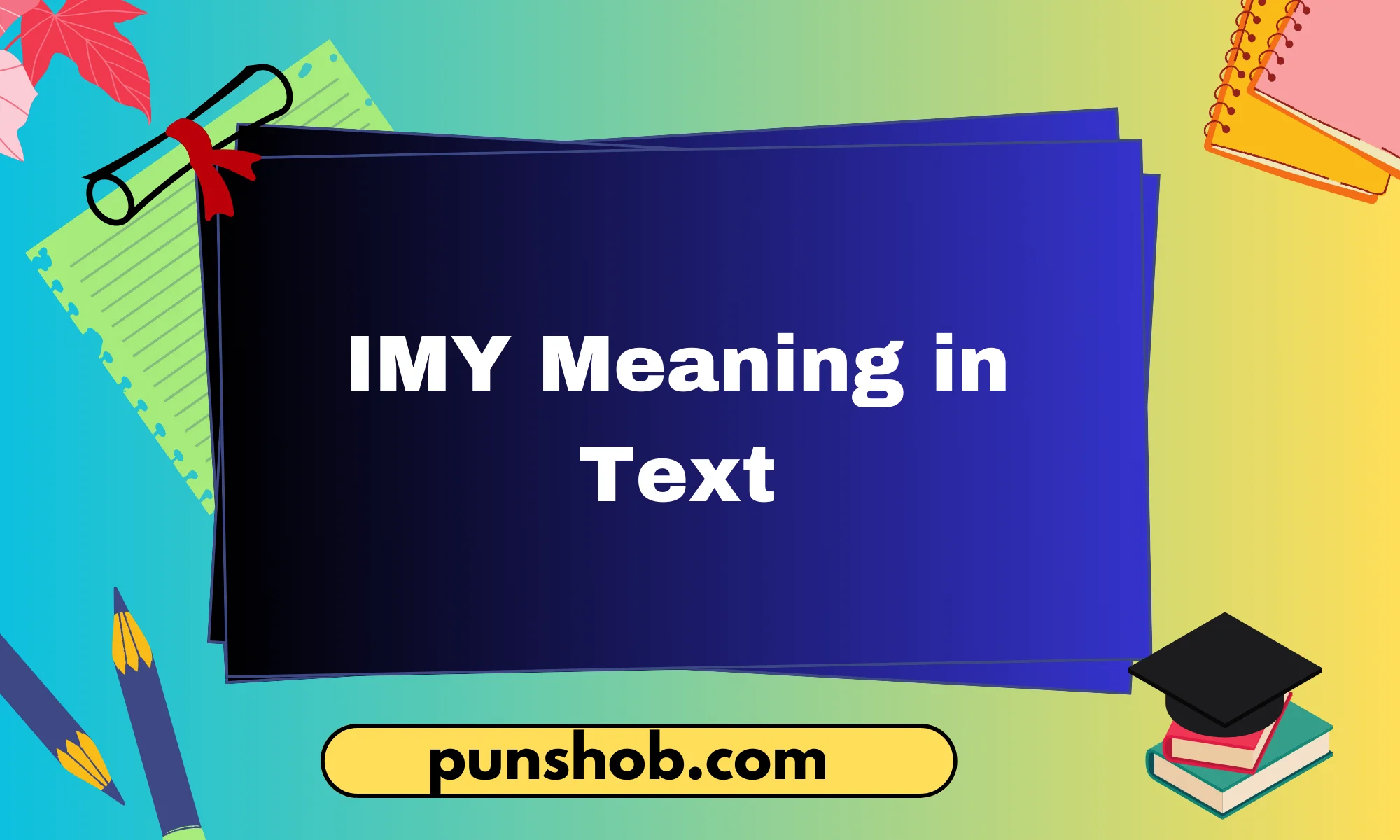
Leave a Reply